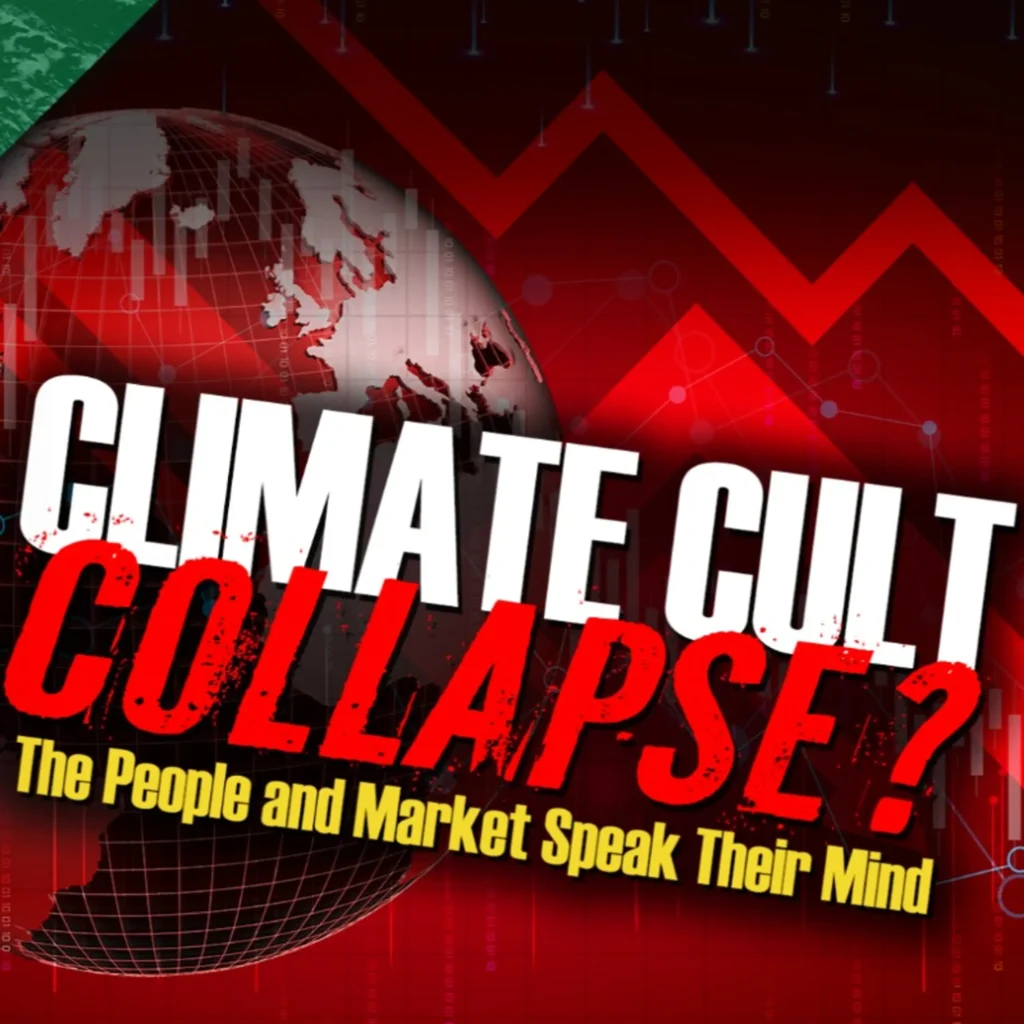Transparency is a paramount virtue in science and politics, even more so when those two fields of endeavor overlap, as they do in discussions of climate change.
The scientific process produces discoveries that expand human knowledge and further human welfare only when scientists act in a transparent manner: when different teams of researchers collaborate, sharing data, assumptions, and methodologies, exchanging theories and ideas, and reviewing and testing each other’s work. Transparency is critical to confirming or disconfirming research results and thus is the best way to ensure what scientists claim to have proven is true and to prevent other scientists from going down unproductive research paths.
The United States was founded as a constitutional republic with an elected legislature and executive, not a dictatorship. Transparency in the political sphere is even more important to most Americans’ lives than in science. The laws, regulations, and executive orders enacted by Congress or imposed by the president expand or limit people’s freedom and affect their social and economic well-being on a daily basis.
In America, these laws and rules are supposed to flow ultimately from the people. But the people can effectively participate in the political process only if they are aware of what the government is doing. Only transparency allows the public to confirm that the laws and rules they must live under reflect their will, and only transparency gives them the ability to oversee and restrain government when necessary.
The lack of transparency in the scientific and political spheres of the climate war — recognizing the two are almost inextricably intertwined these days — debases both.
Some climate scientists, including those leading the alarmists’ side of the climate war, have been caught behaving very badly. Several were caught up in the Climategate scandal, found to be ignoring or scrubbing data that contradicted their pet theories or their research while simultaneously trying to suppress the publication of skeptical research in prominent journals.
Then there is the Intergovernmental Panel on Climate Change, which tried to pass off as peer-reviewed and true work by radical environmental groups falsely claiming Himalayan glaciers were rapidly disappearing and crops were failing. In addition, IPCC carefully removes from summaries given to the press and politicians any doubt expressed in its massive assessment reports concerning the human source and disastrous consequences of climate change, thus ensuring only the alarmist perspective is heard.
Most recently, a group of scientists dubbed the RICO 20 called for prosecuting on fraud and racketeering charges any companies, organizations, or scientists who publicly doubt or debate humans are causing catastrophic climate change.
In each of these instances, those involved tried to hide, destroy, or prevent the sharing of research (assumptions, data, and methods) underpinning their claims that humans are causing climate change. And as evidence of their malfeasance began to leak out, the scientists fought to prevent the release of data and e-mail exchanges detailing their work and how they conspired to prevent the free discussion of research contradicting their views or policies they wish to see enacted.
Government officials have been as bad as or worse than alarmist scientists in attempting to suppress skeptical climate research and speech, and hiding their efforts from public view. In the past two years, Congress has detailed multiple instances where government agencies broke the law in order to push a radical environmental agenda while avoiding public scrutiny.
On March 29, 2016, when 17 attorneys general – 15 Democratic state attorneys general, one Democrat from the District of Columbia, and one Independent from the Virgin Islands – announced a coordinated effort to initiate legal action against ExxonMobil and other groups opposing President Barack Obama’s Clean Power Plan, the AGs tried to hide evidence they were collaborating with radical groups opposed to fossil fuel use.
Various state Freedom of Information Act requests exposed the state attorneys generals’ attempted extortion for what it was. Though the scheme quickly unraveled, it highlighted once again the lengths to which climate alarmists will go to keep the true nature of their political machinations secret.
Secrecy undermines our democratic form of government and the scientific endeavor, both critical to peoples’ freedoms and well-being. It’s time to end climate-war secrecy. If this is done, I’ll wager the war ends quickly – with climate skeptics, free-market advocates, and the general public being the winners.





